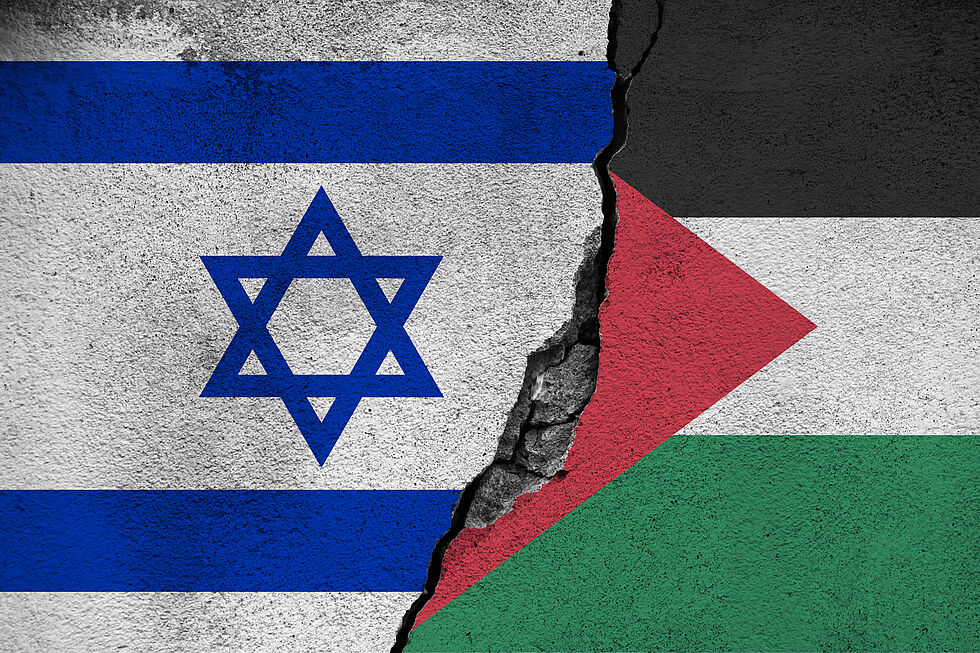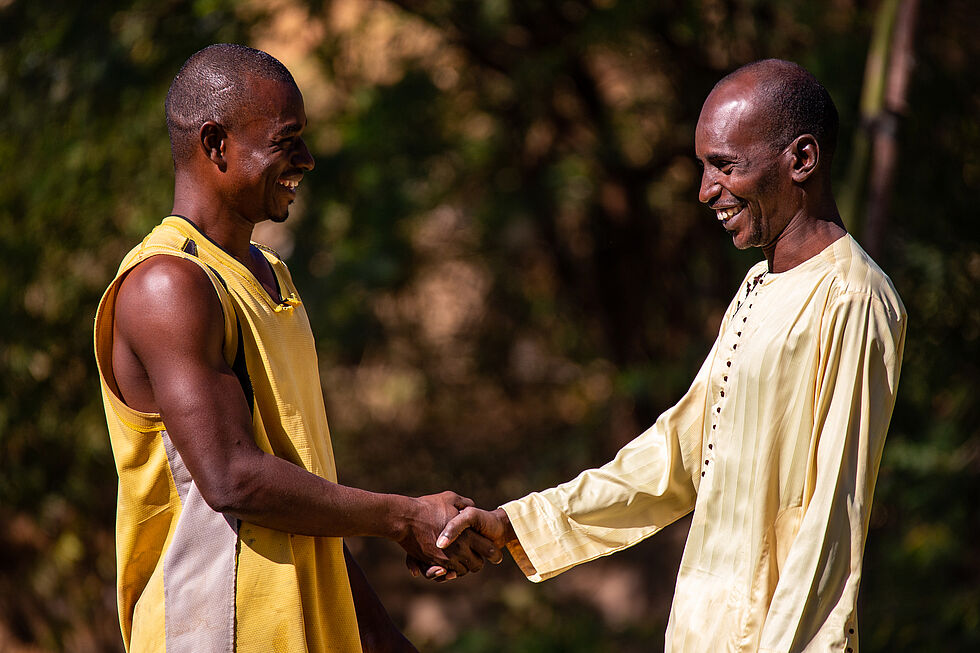A new centre in Berlin to support EU-level civilian crisis management

Two of the most commonly mentioned principles of preventing political crisis turning violent are that prevention is better than healing wounds and all civilian means have to be exhausted before considering means of force. To give more credibility to the norm of non-violent conflict prevention and transformation, and to guide the European Union in this regard, in 2018 the European Union (EU) launched a much-needed development of its civilian crisis-management policies and tools. One important element in the process is the recent establishment of the European Centre of Excellence for Civilian Crisis Management (CoE) based in Berlin. We spoke to Volker Jacoby, its founding director.
What are the aspirations of the Centre? What role will it play to make EU crisis prevention and civilian conflict transformation more effective and efficient?
We aspire specifically to enhance civilian crisis management. But let me briefly put the Centre into context: in 2018, the EU Member States adopted the Civilian Common Security and Defence Policy (CSDP) Compact, aimed at strengthening civilian EU foreign policy in the shape of civilian crisis management missions, or peace operations. All Member States are working on National Implementation Plans (NIP) on how to put the 22 commitments spelled out in the Civilian CSDP Compact into action. Germany, which holds the EU Presidency this semester, is in the process of establishing the CoE as a tool that shall support implementation of its NIP but looking beyond solely Germany when implementing the compact.
The structure of the CoE is what will make a difference: it is not just another Brussels institution. Neither is it just yet another initiative of a Member State that has the audacity to coordinate other Member States. It is an association with States as members. Currently there are 18, and more are joining. Germany, while financing the lion’s share of the CoE, is just one member among the others. Main shareholders are the Member States. The European External Action Service (EEAS) is a preferred partner, and the CoE is in close touch with the Service.
The Member States adopted the tentative workplan of the CoE. A few of its priorities are: 1) supporting Member States in living up to their commitment to increase the number of seconded personnel in civilian crisis-management missions; 2) assisting Member States in setting up systems to ensure proper preparation of seconded personnel in line with the EU CSDP Training Policy; and 3) developing ideas on how best to include deployment to civilian crisis-management missions into individual career paths of interested individuals, both civilians and personnel from Justice and Home Affairs. Finally, the CoE is committed to helping Member States increase the number of women in civilian crisis-management missions.
Will the Centre also become involved in strategy formulation or will it mainly serve as a platform for learning exchange between the Member States?
The CoE is a multifaceted centre that goes beyond a conventional dichotomy of theory and strategy versus practice in a somewhat basic conception of knowledge exchange. This stems from its main objective: providing expert support and tailored solutions to Member States on civilian crisis management.
Rather than formulating strategy, the CoE will operate, on the one hand, as a knowledge hub, gathering, and sharing existing good practices. In that regard, indeed, the Centre will be a platform for learning exchange. But it will be so much more: It will run as a think-and-do-tank, amplifying and analysing information and national good practices, issuing tangible recommendations and offering consultation and advice to Member States and the EEAS on the operationalization of the Civilian CSDP Compact and its National Implementation Plans.
To do so, the CoE works with a dedicated team of policy officers and a growing team of Seconded National Experts who bring expertise on a wide range of topics to the CoE.
With the Center for International Peace Operations (Zentrum für Internationale Friedenseinsätze, or ZIF) the German government has created an internationally leading institution to recruit and deploy civilian experts to multilateral peace operations. The EU is currently lacking such an instrument. In 20 years, do you think the CoE could gradually evolve into a European ZIF? What would be necessary for such a development?
My crystal ball is as good as yours. Should the CoE’s Member States, in whose hands decisions of this kind are, agree that this is the path forward, this might happen. If not, the CoE will remain in the comfortable hybrid position I outlined before: right in the middle between the centre (“Brussels”) and the periphery (“just another Member State”). I personally would like to sound out and enlarge the potential of the CoE as a go-between, a linchpin, which in fact is lacking, too, in the European political landscape. Helping Member States translate political commitments into reality on the ground - increasing effectiveness and efficiency of EU civilian crisis management - is a very valuable and necessary activity. I am glad I got the opportunity to lead an organization that is fully committed to this undertaking.
About the interviewee

Dr Volker Jacoby is the Founding Director of the new Berlin-based European Centre of Excellence for Civilian Crisis Management.
He spoke with Konstantin Bärwaldt, Desk Officer, Global Peace and Security Policy, FES Berlin.
About FES Connect
Connecting people, in the spirit of social democracy, we source and share content in English from the German and international network of the Friedrich-Ebert-Stiftung.









